Click here for the program
Moderators
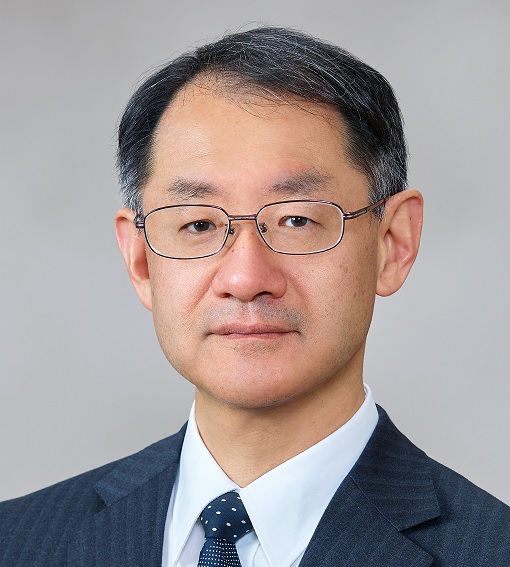
Mamoru Mitsuishi
Professor, Graduate School of Engineering
The University of Tokyo
Prof. Mamoru Mitsuishi graduated from the University of Tokyo in 1979 with a Bachelor of Science in Physics. Following this, he earned a second bachelor’s degree in Mechanical Engineering in 1981. He received his Master’s and doctorate degrees in 1983 and 1986, respectively from the University of Tokyo, after which he joined what is now the university's School of Engineering as an academic staff. He became a professor in 1999. Prof. Mitsuishi was the Dean of the School of Engineering from 2014 to 2017 and between 2017 and 2021, he was appointed as an Executive Director and Vice President of the University of Tokyo. His areas of interest are biomedical robotics, and manufacturing systems. He is a member of various internationally renowned societies, such as the International Academy for Production Engineering (CIRP), where he is a fellow and its president from 2019 to 2021, and the IEEE Robotics and Automation Society.
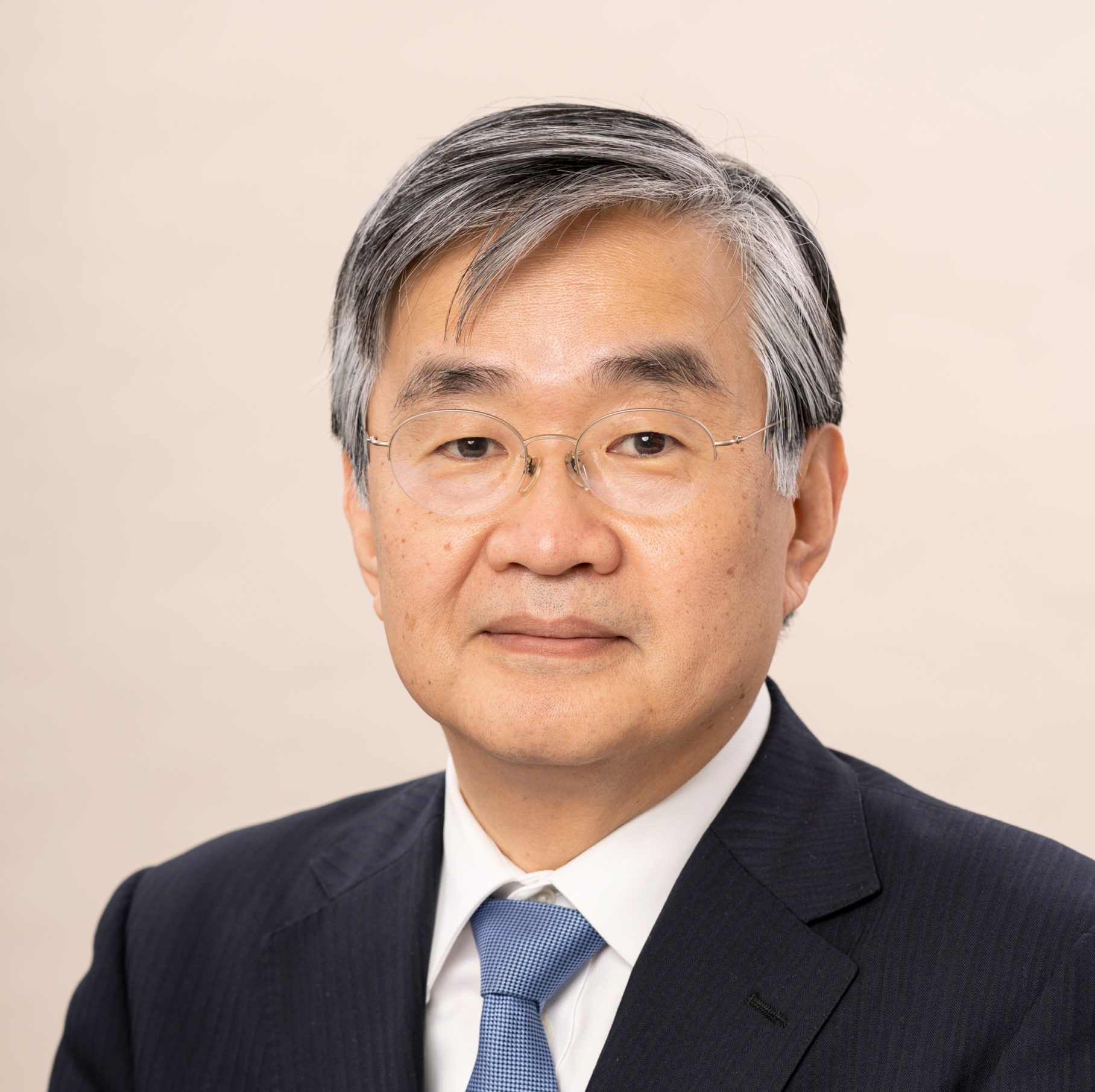
Kohei Miyazono
Distinguished University Professor
Professor, Department of Molecular Pathology, Graduate School of Medicine
The University of Tokyo
Kohei Miyazono graduated from the Faculty of Medicine, The University of Tokyo in 1981. After working at The University of Tokyo Hospital, he worked at the Ludwig Institute for Cancer Research (Uppsala branch, Sweden) as a post-doc from 1986 to 1988, and as a group leader from 1990 to 1995. In 1995, he became the Member and Chief of the Department of Biochemistry, Japanese Foundation for Cancer Research in Tokyo, Japan. He then promoted to Professor of the Department of Molecular Pathology, Graduate School of Medicine, The University of Tokyo in 2000. He served as the Dean of Graduate School of Medicine, The University of Tokyo from April 2011 to March 2019, and then worked as Executive Vice President (EVP) of The University of Tokyo from April 2019 to March 2021.
Kohei Miyazono has long-standing interests in the signaling mechanisms of transforming growth factor β (TGF-β) and its roles in cancer invasion and metastasis. He is also interested in biological functions of bone morphogenetic proteins (BMPs), members of the TGF-β family. When the COVID-19 pandemic occurred in 2020, he contributed as a task force member of The University of Tokyo to the measures against COVID-19.
Speakers
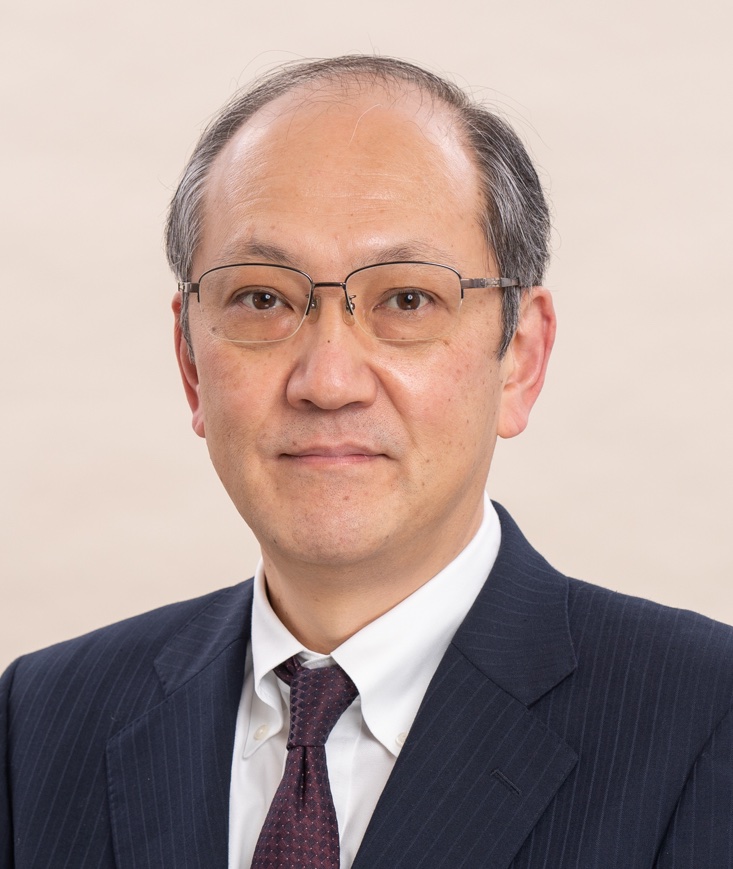
Nobuhito Saito
Executive Vice-President
The University of Tokyo
Professor Nobuhito Saito is currently executive vice-president of the University of Tokyo, responsible for management of research and hospitals. He is also a professor and chairman of the Department of Neurosurgery at the University of Tokyo Hospital.
His appointment as professor and chairman of Neurosurgery began in 2006. His administrative work experience include serving as director of the University of Tokyo Hospital from 2015 to 2019. He also served as dean of Faculty of Medicine & Graduate School of Medicine from 2019 to 2020. He was once the head of the clinical research support center in the hospital.
Clinically, he specializes in surgeries of cerebrovascular disease and brain tumors, such as clipping of cerebral aneurysms, bypass surgery, removal of skull base tumors, and so on. Among them, he has much experience in surgery for brainstem lesions, such as cavernous malformations. He has published more than 370 peer-reviewed papers. His research field is experimental cerebral ischemia and genetic analysis of cerebrovascular diseases. Currently he is also working on development of surgical simulation methods using artificial intelligence to increase the safety of surgery such as brainstem lesions.
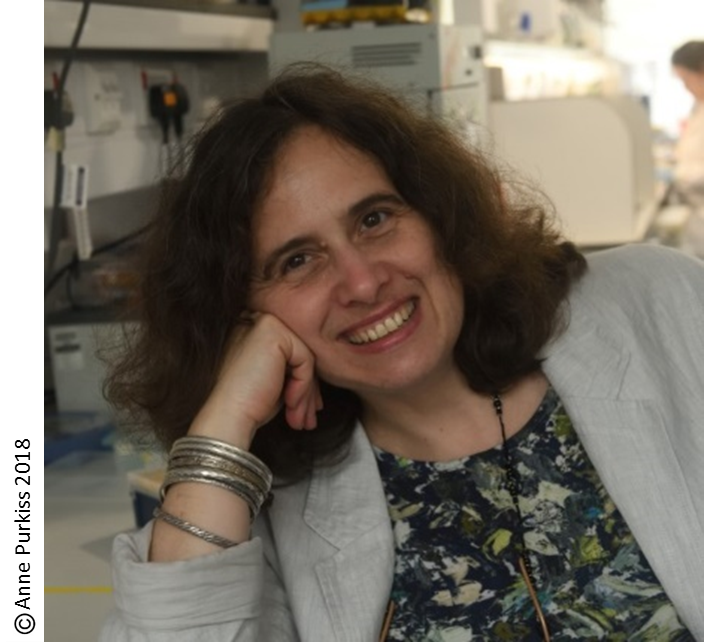
Anne Ferguson-Smith
Pro-Vice Chancellor for Research
University of Cambridge
Professor Anne Ferguson-Smith is the current Pro-Vice-Chancellor for Research, University of Cambridge, since 2021, and the Arthur Balfour Professor of Genetics at the University of Cambridge, since 2015. Formally, she was the University’s Head of the Department of Genetics until December 2020. She became the President of the Genetics Society in 2021, and is a member of the UKRI BBSRC Council.
She is a mammalian developmental geneticist and epigeneticist. An expert on genomic imprinting, her team studies the epigenetic control of genome function with particular emphasis on epigenetic inheritance. Her group is made up of both experimental and computational scientists and current research focuses on three themes: (i) Stem cells and the epigenetic programme, (ii) Functional genomics and epigenomics, and (iii) the interaction between the environment and development, health & disease within and across generations.
She was elected to EMBO in 2006, to the UK Academy of Medical Sciences and the Society of Biology in 2012 and became a Fellow of the Royal Society in 2017. In 2014 she was as awarded the Women in Science Heirloom Award for contributions to life sciences and in 2019 was awarded the Feldberg Prize. She is a Fellow of Darwin College, University of Cambridge.
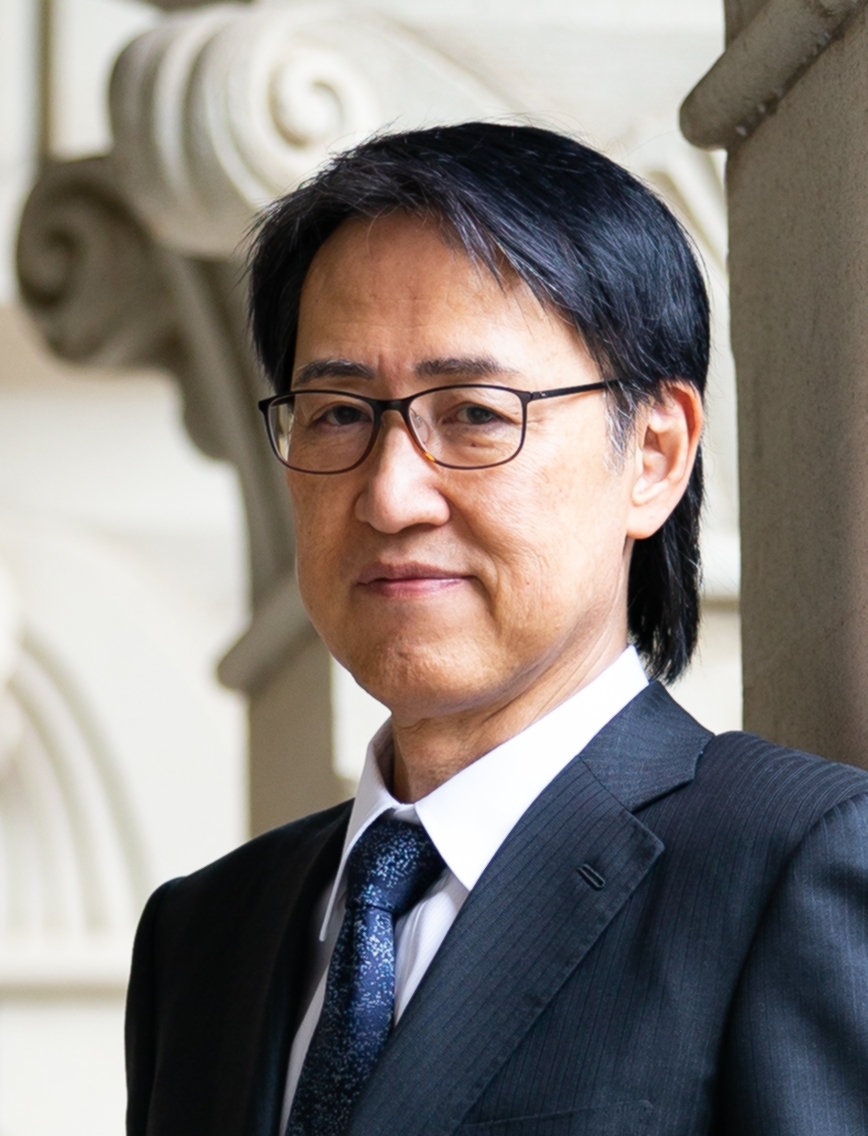
Yoshihiro Kawaoka
Project Professor, Institute of Medical Science, The University of Tokyo
Research Center for Global Viral Diseases, National Center for Global Health and Medicine
Dr. Yoshihiro Kawaoka was educated in Japan, receiving his DVM in 1978 and his PhD in 1983 from Hokkaido University. He established the technique of reverse genetics, which allows the generation of ‘designer’ influenza viruses. This technology is used to update the flu vaccine FluMist® and to generate bird flu vaccine candidates. Dr. Kawaoka discovered what makes bird flu viruses so deadly and how they jump from birds to humans. In addition to his influenza research, Dr. Kawaoka also studies Ebola virus. His group worked in Sierra Leone during the 2014–2016 Ebola outbreak and continues to work with Ebola survivors. He is currently developing an Ebola vaccine, which entered clinical trials in 2019. In February 2020, he began research on SARS-CoV-2 to understand how the virus causes severe disease and to develop vaccines. In recognition of his achievements, Dr. Kawaoka was awarded the Robert Koch Award in 2006; he received the Medal of Honor (Purple Ribbon) in 2011 and the Japan Academy Award in 2016 from the Emperor of Japan for his influenza research. In 2013, he was elected as an international member of the United States National Academy of Sciences. In 2015, he received the UNESCO Carlos J. Finlay Prize for Microbiology.
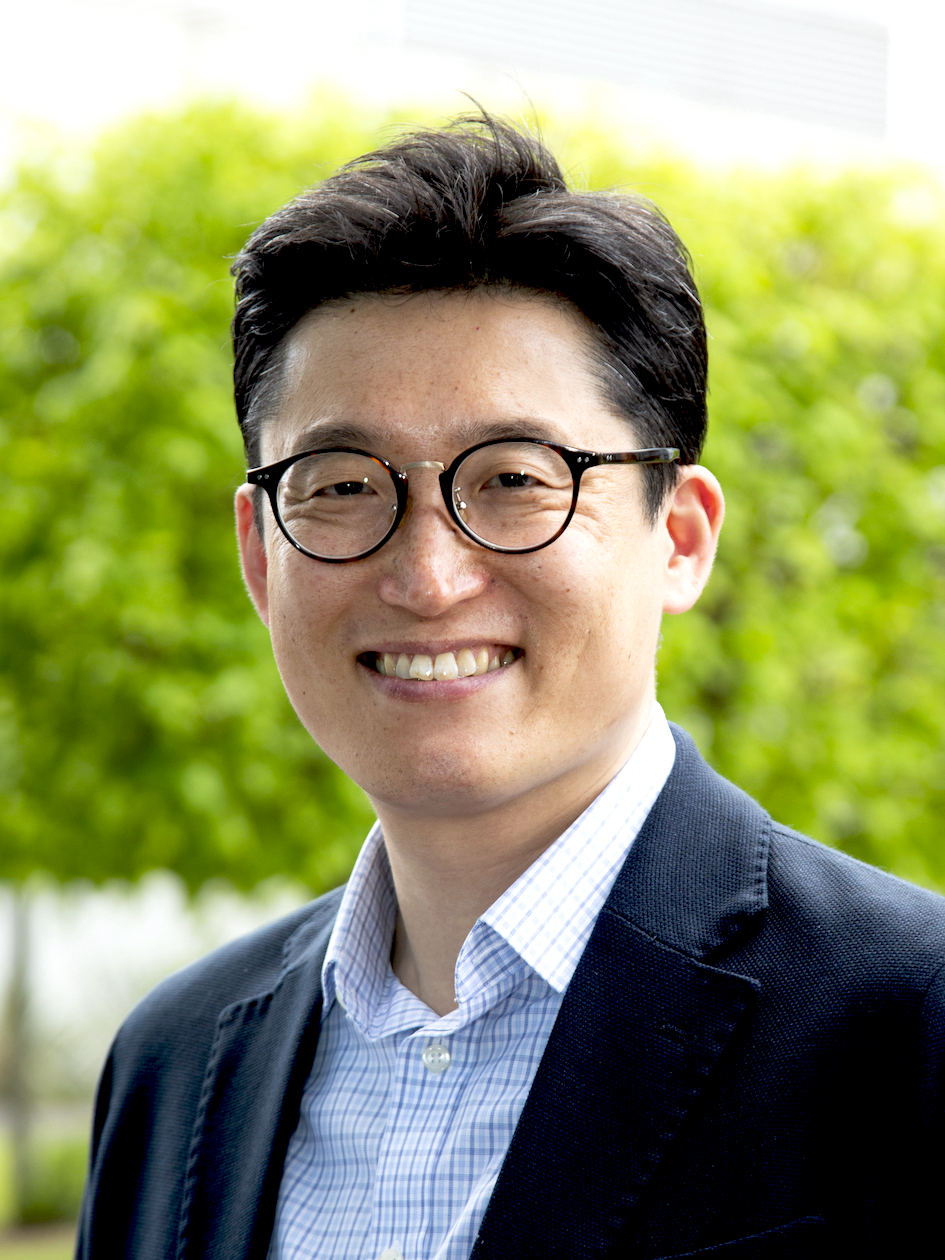
Namshik Han
Milner Therapeutics Institute
University of Cambridge
Namshik Han, PhD Head of Computational Research & AI Milner Therapeutics Institute, University of Cambridge Associate Faculty Cambridge Centre for AI in Medicine, Department of Applied Mathematics and Theoretical Physics, University of Cambridge Co-founder KURE.ai I am a computational drug discovery scientist, coming from a background in machine learning, computational biology, cancer genomics and cancer epigenomics. My lab develop and apply dedicated and bespoke Artificial Intelligence technologies that deal with the uncertainty and complexity of biological datasets to reveal novel disease pathways and mechanisms. In addition to my academic research, I have a passion for working at the interface between academia and industry to apply my research to real-world problems. In my case this is in therapeutics and patient care where AI promises to revolutionize the ability to identify disease mechanisms and potential drug targets, informing patient care from disease diagnosis through to treatment. Towards this aim, I facilitate access of the Milner Therapeutics Consortium partner organizations to cutting-edge AI technology and to develop new computational methods fulfilling the global mission of identifying new or better therapies from the analysis of biological data.
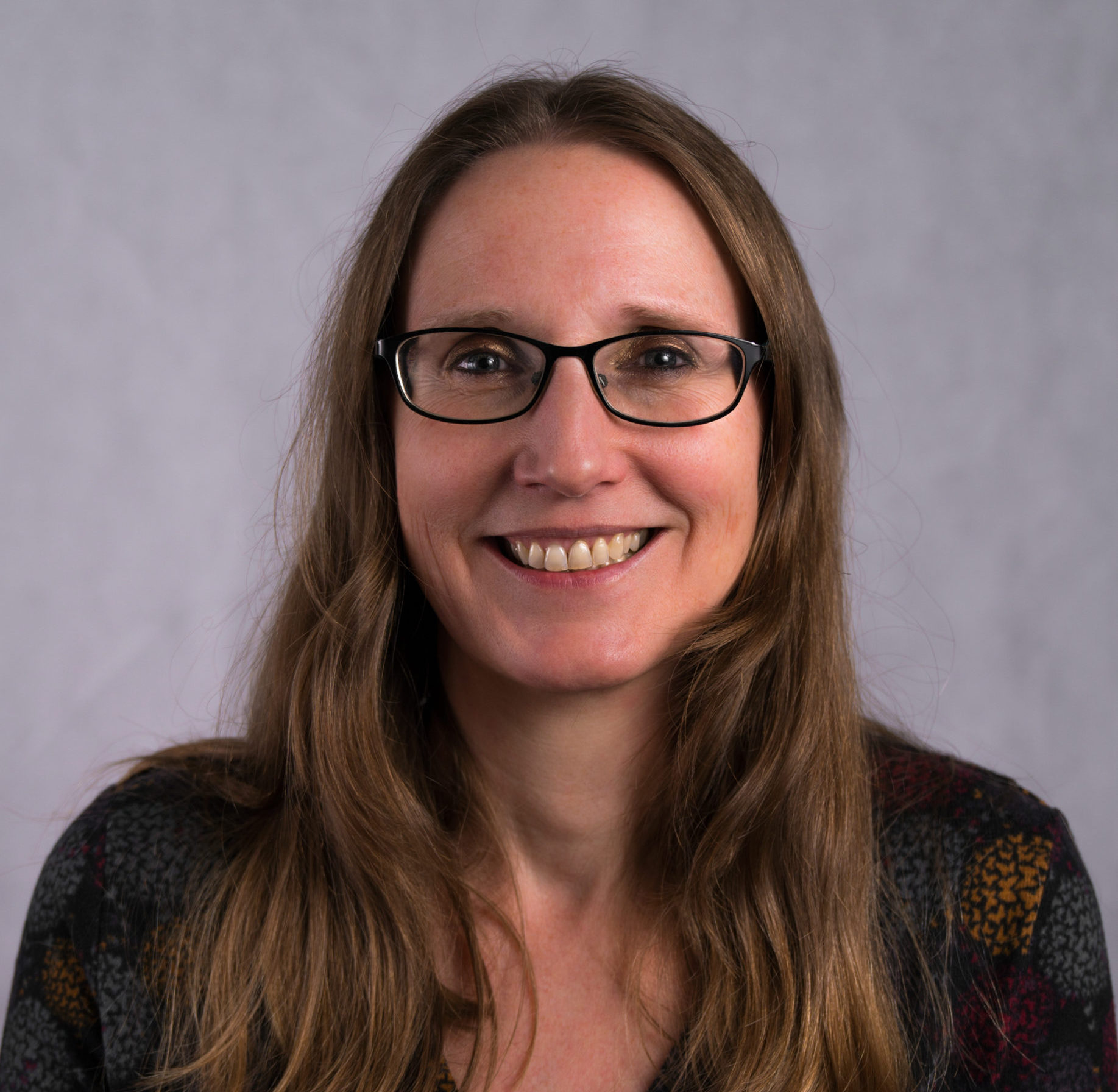
Tamsin Ford
Professor, Department of Psychiatry
University of Cambridge
Tamsin Ford is a Professor of Child and Adolescent Psychiatry at the University of Cambridge. Her academic work focuses on the effectiveness of interventions and the efficiency of services in relation to the mental health of children and young people, with a particular focus on the interface between the education and health systems. She completed her PhD at the Institute of Psychiatry, and moved to Exeter in 2007, where she set up the Child Mental Health Research Group. She moved to Cambridge in 2019.
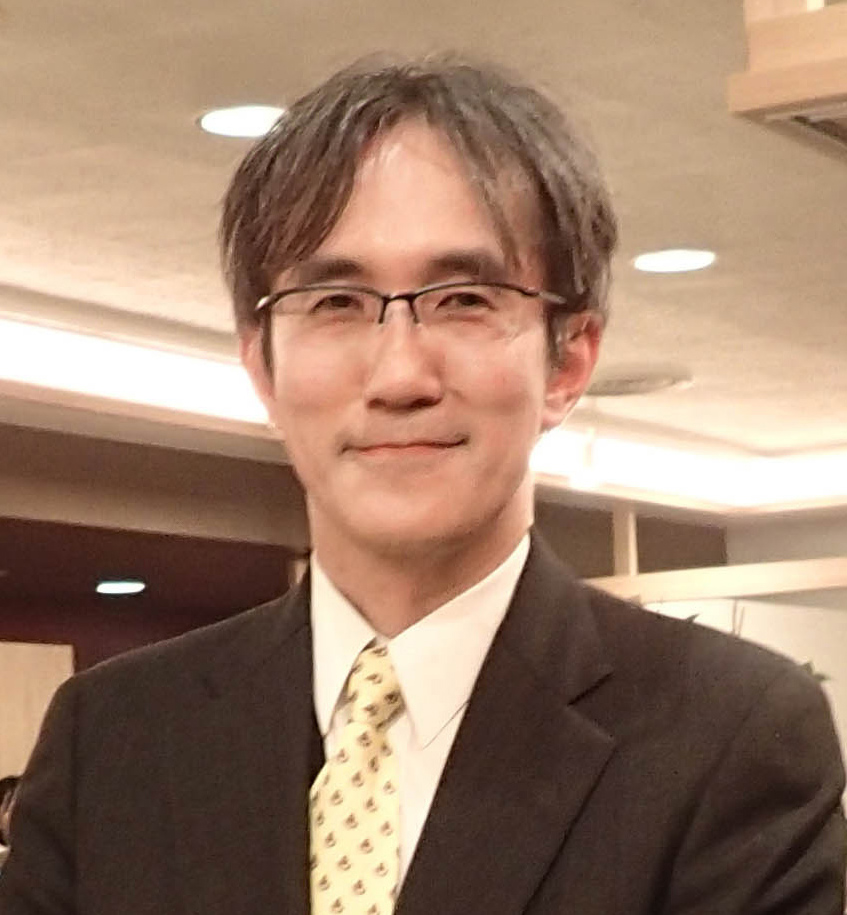
Shintaro Yangimoto
Professor, Division for Health Service Promotion
The University of Tokyo
YANAGIMOTO Shintaro is a Professor at the Division for Health Service Promotion (Student Health Service) of the University of Tokyo since 2019. He received his PhD degree from the University of Tokyo Graduate School of Medicine in 2006, majoring internal medicine and infectious diseases, and his MAs in Journalism and Economics from the Ohio State University in 1991. Shintaro is dedicated in the campus health management of the university since April 2009 when so-called at that time "novel influenza" pandemic emerged. As a physician specializing in infectious diseases and travel medicine, he engages not only in emergency response to pandemics but also in regular infection control on campus.
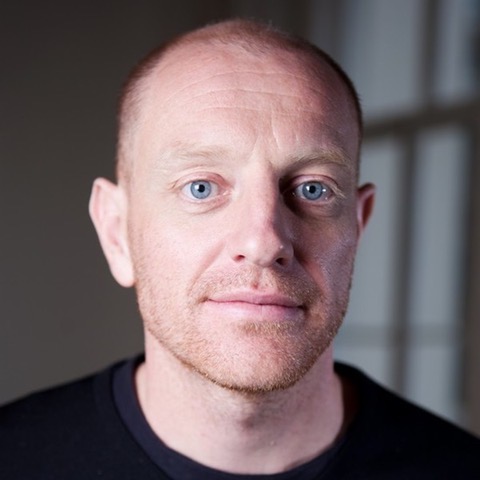
Stephen Baker
Department of Medicine, Cambridge Institute of Therapeutic Immunology & Infectious Disease
University of Cambridge
Stephen Baker is a director of research for global health in the Department of Medicine at the University of Cambridge. His research focusses on studying the mechanisms and epidemiological influences of antimicrobial resistant Gram-negative bacteria. His group used various genomic and laboratory techniques to understand how antimicrobial resistant bacterial emerge and spread and how best they can be combatted through antimicrobials and vaccines. He has published over 300 scientific articles and is a recognized name in global health with a portfolio of work ranging from typhoid fever and other enteric diseases to hospital acquired infections and zoonoses.

Masako Nishikawa
Assistant Professor, Department of Clinical Laboratory
The University of Tokyo Hospital
Masako Nishikawa graduated from the University of Tsukuba’s Faculty of Medicine in 2008. She worked for the University of Tokyo Hospital’s Department of Internal Medicine from 2011, and she received her PhD degree from the University of Tokyo Graduate School of Medicine in 2016. She has been working at the Department of Clinical Laboratory Medicine since 2016, and has been an assistant professor since 2018, managing blood tests and coagulation tests at the University of Tokyo Hospital. She has been certified as a general internal medicine specialist, a laboratory medicine specialist, and a hematologist.
Her research themes are analysis by a new approach focusing on platelets, which is an important contributor to thrombosis, and application of bioactive lipids, especially lysophospholipids, to clinical laboratory medicine. She received the Young Scientist Award of the Japanese Society of Clinical Laboratory Medicine in 2019. She is currently researching platelet aggregates in the blood of COVID-19 patients admitted to the University of Tokyo Hospital.
